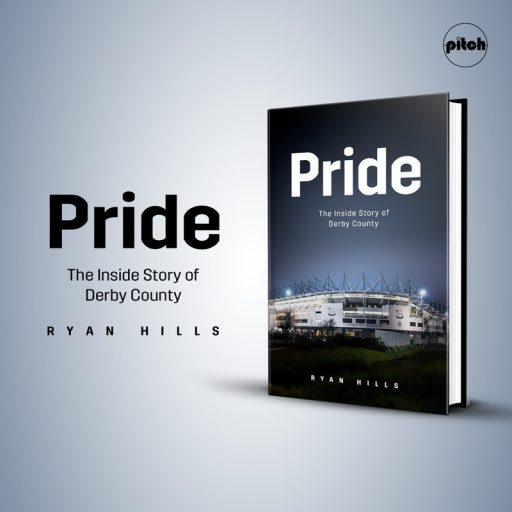If you’re of a certain age, the word ghosting will likely mean nothing to you. It’s not anything to do with a supernatural experience, contrary to what the name suggests. No, ghosting is the common term for being ignored. To use it in a sentence, you could say ‘Why do all my Tinder matches keep ghosting me?’ or, to go past tense, ‘We had three dates, then I got ghosted’. As this suggests, it’s sort of a dating thing.
But it can absolutely be used in other ways. And this feature will take a look at the build of Pride: The Inside Story of Derby County in the 21st Century and how I was ghosted by Dean Leacock and many, many others. And again I must stress, ghosting isn’t just dating. In this context, it’s generally being ignored countless times.
This book started as something very different to what it ended up as. The first thought process was to create a children’s book, or even something that would look back at Derby County, but only through their video game history. Luckily that’s not the route I went down in the end. No, what Pride is, is the history of this quite incredible club since around about 1995. And what began as a pipedream of potentially reaching out to a handful of former employees culminated in a three year project, over 60 completed interviews, 384 pages in the final publication and more unanswered emails than my self respect will allow me to collate.
As all good things do, Pride started with Paul Peschisolido, the first man interviewed. Despite a background in sports journalism, I had no connections to footballers, and my only claim to fame was an 18-month placement at FC Halifax Town in which I conducted David Brooks’ first interview in senior football (he had one of those JD Sports bags on his back and he absolutely did not want to be there).
An hour in the company of the Canadian gave me a bit of courage and hope that there may well be a book somewhere in this, a book that maybe someone who isn’t directly related to me would read. And so I began to make connections. The long, long list of potential interviewees tallied around 100 to begin with and although every one of them would have a story, many were very, very minor players in the recent history of the club. So as interest grew, so did the stature of individuals.
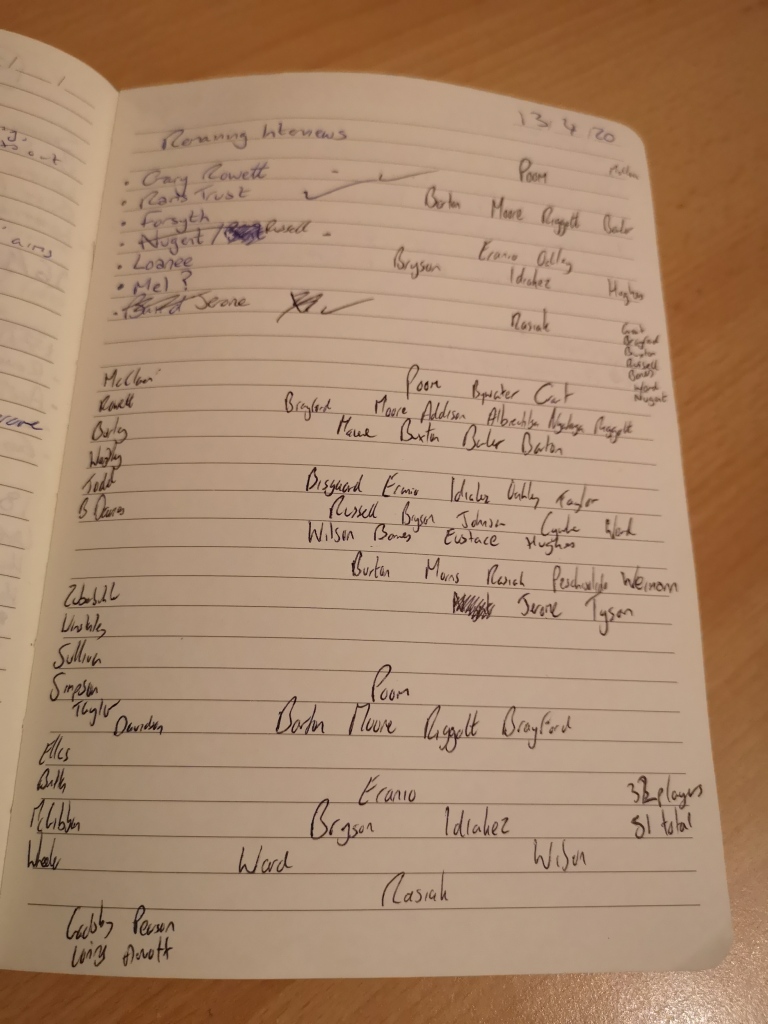
Early into the process I snuck out of work to spend 90 minutes speaking with Paul Simpson after a chunk of assistance by Catherine at the FA. A couple of weeks later, I was on a lovely date when I had to leave momentarily to take a call from Inigo Idiakez. Two weeks later, I found myself in a pub with him on the outskirts of Leicester. His order of a coffee told me that my dream of getting on the shots with a Derby cult hero would not be fulfilled that day.
And it all grew from here. I moved to Germany in mid-2019 to try and find Marco Reich work, and on my first journey back to the UK, I somehow found myself meeting Lee Grant at Manchester United’s Carrington base. Off a plane, onto three buses, an Uber which got lost, all for a 20 minute interview. He was a nice chap though.
It was a similar story for Will Hughes, hunting my way across London to try and work out how to get to the Watford training ground on a pre-pay day budget. Again, a lovely chap. They were two accomodating media teams. Many, unfortunately across all divisions, weren’t quite so. Did someone say Chelsea?
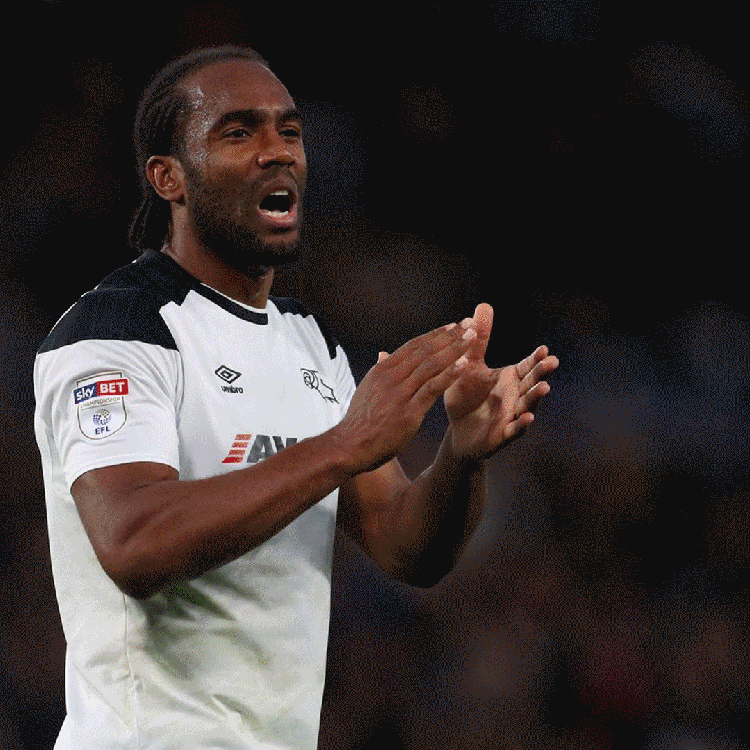
But there were some stories that didn’t make the book, and there were some people who didn’t either, for one reason or another. Primarily ghosting. I had a chat recently with Chris of the Steve Bloomer’s Washing podcast, and we discussed our tales of being ignored, of which we had plenty and a wee bit of overlap. But I didn’t quite realise just how unresponsive people can be. And I’d never say it was down to rudeness or ignorance or anything like that – people just don’t reply! Hundreds upon hundreds of calls unanswered, messages not seen, emails not replied to. And that was just Darren Bent.
Interviews all came to life in different ways. For the likes of Wilson and Hughes, it was through the helpful assistance of their media teams. For Craig Bryson, Jamie Ward, Craig Forsyth and a host of others, they came directly from the kindness of Jake Buxton, who was a godsend. Bradley Johnson? Well he came from Matt McGibbon, the Pride Park stadium announcer. Tomasz Cywka, Giles Barnes and Miles Addison were gathered eventually over Instagram DMs. Then a few were grabbed through LinkedIn, Eranio through AC Milan and Steve McClaren I think came through Paul Simpson. If anyone ever gets their hands on the little blue book I carried around the world that is full of ideas for the book and the numbers of all those I managed to grab hold of, I’m in trouble.
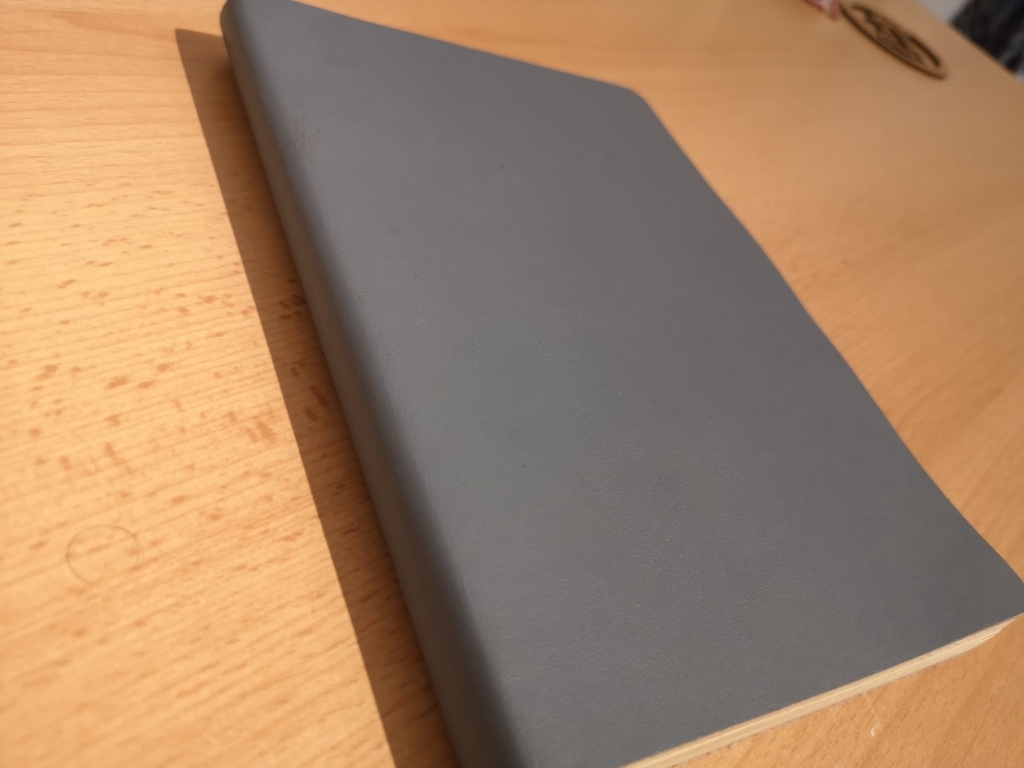
But there were some intriguing cases who never made it to interview stage. My personal favourites were:
Case A – Dean Leacock. Now I’m sure Leacock is fantastic and it was great to see he did a recording with the Talk Derby To Me podcast. But over the course of six months, Leacock arranged seven phone interviews, without ever answering his phone. One of these times I was in Porto for work, and spent the evening eagerly awaiting a call, a call that never came. I won’t lie, it made me reevaluate certain aspects of this book. Final book: No Dean.
Case B- Richard Keogh. When Richard Keogh’s agent told me he’d be down for speaking as part of this and they’d provide a date, I did feel like I’d hit the jackpot. This was post the incident and he had done no media interviews in the time since. Sadly, after months of trying, I was let down gently when told that this would be one that wouldn’t happen in the end. Which is probably good, because I likely would have found myself in a world of legal trouble. And on that subject…
Case C- Jeremy Keith. Who remembers Jeremy Keith? One of the men who took over the club in 2003 after Lionel Pickering was ousted, Keith’s Derby tenure ended in a court case which saw him go to prison alongside Murdo Mackay, Andrew Mackenzie and David Lowe after being convicted for fraud. Now out and back in business, Keith to his credit was incredibly responsive about being part of the book over emails, but like others before and after him, quietly backed out of the opportunity. You can’t blame him.
Case D- Fabrizio Ravanelli. I got a lot of takes on Fabrizio from many different angles. Some loved him, some… not so keen. Unfortunately, after months of trying, I only heard back from his people to say that he’d be happy to have a chat, after the book had been signed off.
But although some others opted not to speak, including a couple of former managers whose time ended in ugly circumstances and a long blonde haired captain, all of those who did had a real story to tell. Stories that, to the best of my knowledge, have never been told before. Through a combined 10 hours of conversation with Craig Bryson and Jake Buxton, we were able to unpick every year of their Derby County careers and gain an understanding of why the club meant so much to them. There were tales of banana boats, jagerbombs and being called a shithouse.
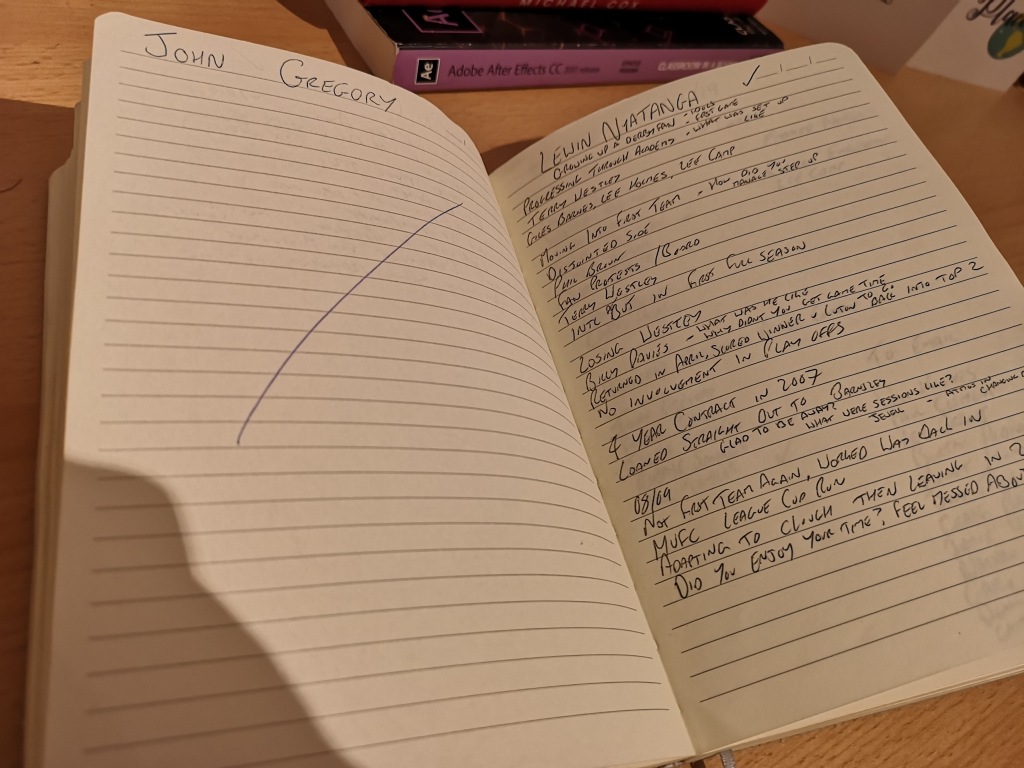
For Giles Barnes, there were stories which still haunt him today about his Derby County career. Harry Wilson spoke about life inside the club and why the name Frank Lampard meant little to him. Gary Rowett unpicked the exact reasons for his departure, while Stefano Eranio and Mart Poom talked about the glory days. Peter Gadsby did the same, opening up on how the club ended up at Pride Park in the first place.
And in amongst this, because many of the 60 people who gave up their time are either out of the game or out of Derby, there was an honesty that you don’t get from pre and post match interviews. There were people who didn’t care who they offended, just making sure they got their story across. Off the record stories that I absolutely wish were on the record. And then just these little insights into what people are like away from a football pitch. Over 120 hours of interview material, each more insightful than the last in a way.
Then there were the personal revelations. Steve McClaren doesn’t buy his own coffee, whereas Miles Addison bloody loves an iced one. Don Amott goes on holiday with Matt Oakley, Darren Moore would do anything for a Tunnock’s tea cake. Gary Rowett is pretty done with getting abuse from supporters, Harry Wilson is incredibly polite for a footballer. And these are the sorts of insights that I have really tried to bring to life inside Pride. Although maybe a little less focused on the food and drink.
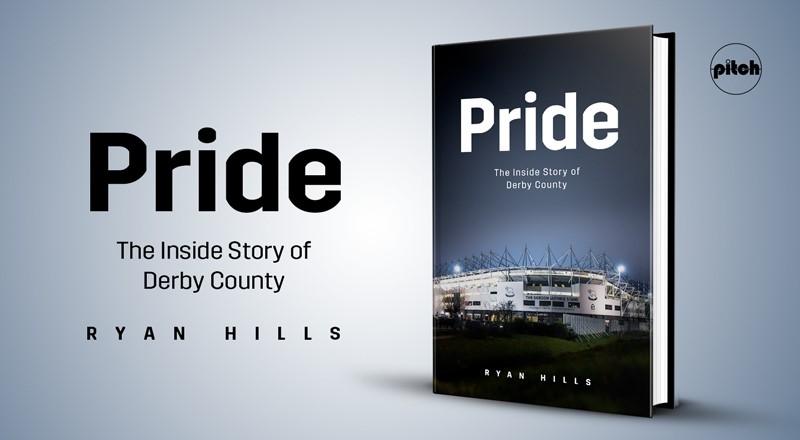
Because it’s not just a book. Well, it is, obviously. But it’s not just a book about football. It’s a book about the people behind the football. The humans who were employees of Derby County, the humans we all looked up to and idolised. It might be a season by season tale, but it isn’t really game by game. It’s almost drama by drama, with those who lived it being the main characters. Episode one was the gentle build up, a lovely chat with McClaren, Eranio, Poom, Riggott, Morris, Gadsby and more.
Then episode two, it all goes to shit with the arrival of Ravanelli. How did that happen? Then you’ve got relegation in the same episode, followed by financial crashes, allegations of alcoholism, fan revolt and a court case. Somewhere after, a single promotion told by half of the squad who lived it, followed by a series finale of the worst Premier League season in history.
Clough you can probably collate into one episode (post watershed), but everything after is a bombshell few years. And just like Lost, you expect this big reveal ending at the end and you’re just left scratching your head. Is that it? That explains NOTHING!
Pride took a long, long time to complete, with most of those three or so years taken up by just trying to chase people down. But in the end, we got there. And I hope it was all worth it!
So yeah, Pride is something a bit different. For anyone who has read Fifty Years of Hurt by Henry Winter, it acted as the inspiration for this book, except this is perhaps more of a ramble and contains more chaos off the field than even the FA could boast. And for those who do read Pride, the one big aim is to at least make you feel that bit closer to the club that we all love. I think I do.
Pride: The Inside Story of Derby County. From Stefano Eranio and Colin Todd through to Harry Wilson and Gary Rowett, it’s the story of Derby since 1995 by those who know it better than anybody.
